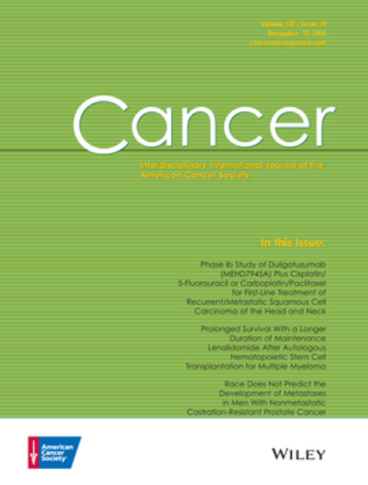Interventions to increase uptake in a fecal-immunochemical test population-based colorectal cancer screening program: A quasi-experimental study of first-time invitees
Abstract
Background
Many countries have established organized colorectal cancer screening programs because they can reduce mortality and incidence from the disease; however, they rely on high participation rates, which are often suboptimal. This study examined the effectiveness of two reminder interventions on uptake rates in Ireland’s population-based BowelScreen program.
Methods
Employing a quasi-experimental design, one intervention mailed the fecal-immunochemical test (FIT) directly to clients not responding to an initial invitation; the other mailed a reminder letter modified with behavioral insights. Interventions were tested separately and in combination and compared to the standard reminder letter (1: standard reminder letter [SRL]; 2: modified reminder letter [MRL]; 3: SRL + FIT direct [FITD]; and 4: MRL + FITD). Primary outcome: overall uptake rate (test completion at 5 months); Subgroup outcome: uptake rate among only those receiving reminders. Outcomes were modeled using multivariable logistic regression with group allocation as a fixed effect, adjusted for sex and deprivation.
Results
Uptake was significantly higher in the FITD groups (SRL: 48%; MRL: 50%; SRL + FITD: 54%; MRL + FITD: 54%; p < .001). After adjustment, compared to the SRL group, FITD groups had significantly higher odds of uptake (MRL: odds ratio [OR], 1.09; 95% confidence interval [CI], 0.96–1.23; SRL + FITD: OR, 1.30; 95% CI, 1.14–1.48; MRL + FITD: OR, 1.26; 95% CI, 1.11–1.44). This was also the case for subgroup analysis. The MRL did not result in higher uptake compared to SRL.
Conclusion
Mailing the FIT kit directly to nonresponders resulted in improved FIT uptake. Organized FIT-based screening programs not reaching uptake targets should consider implementing this strategy if not already in place.


 求助内容:
求助内容: 应助结果提醒方式:
应助结果提醒方式:


